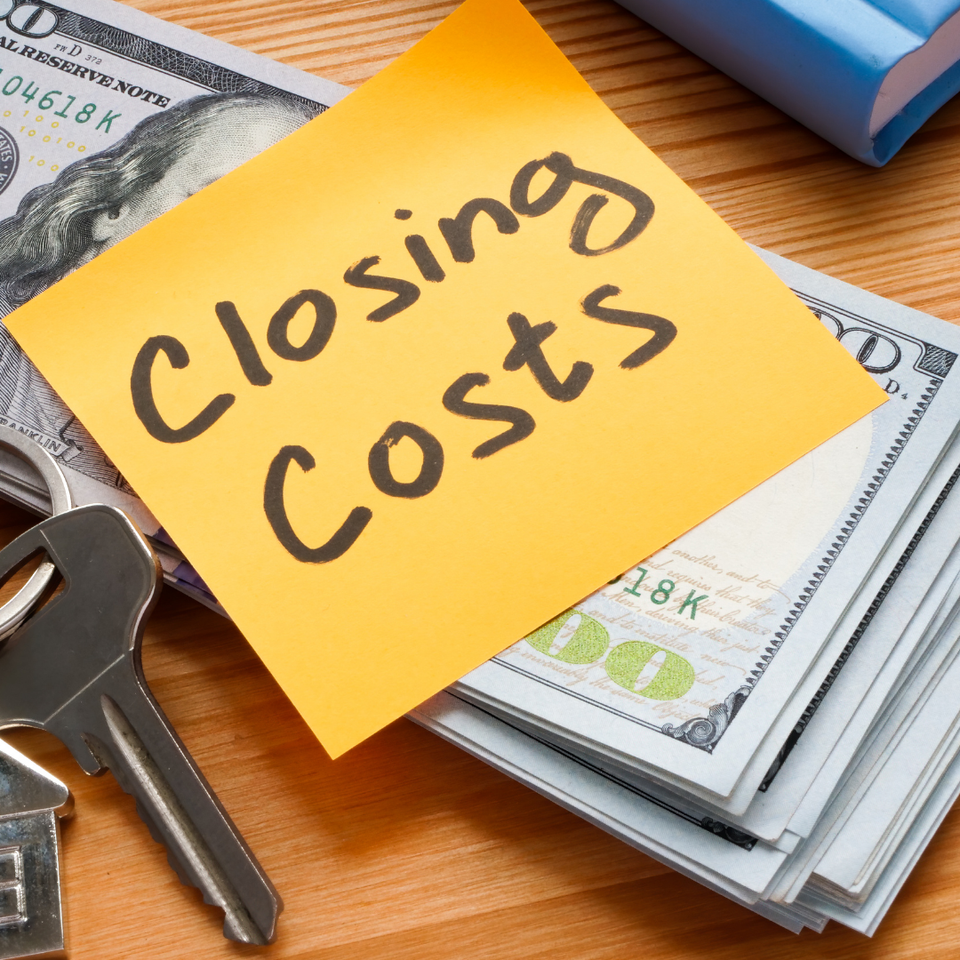Can I roll closing costs into my purchase mortgage?

Short Answer:
Most likely not. For almost all purchase mortgage transactions, closing costs can not be rolled into a mortgage when purchasing a mortgage. Typically, they are paid at closing. The only time closing cost MIGHT be rolled into the mortgage is when you are participating in a down payment assistance program. Some programs offer financing to cover a portion of the closing costs.
Longer Answer:
When purchasing a home, closing costs can be a significant financial burden. A common question among homebuyers is whether these closing costs can be rolled into the mortgage, thereby reducing the immediate out-of-pocket expenses. The straightforward answer is that rolling closing costs into your mortgage for a purchase is generally not allowed for most buyers.
Why Rolling Closing Costs into Your Mortgage Isn't Allowed?
1. Lender Policies
Most lenders have strict guidelines that prohibit rolling closing costs into the mortgage for a purchase. This policy is in place to mitigate risk and ensure that the loan amount does not exceed the property's value. Lenders are cautious about increasing the loan amount beyond the purchase price, as it can affect the loan-to-value (LTV) ratio and increase the risk of default.
2. Loan-to-Value Ratio (LTV)
The LTV ratio is a critical factor in mortgage lending. It represents the loan amount as a percentage of the property's appraised value. Rolling closing costs into the mortgage would increase the loan amount, potentially pushing the LTV ratio above acceptable limits.
3. Regulatory Constraints
Certain loan programs, especially government-backed loans like FHA, VA, and USDA loans, have specific regulations that prohibit rolling closing costs into the mortgage. These regulations are designed to protect both the borrower and the lender, ensuring that the loan amount remains within a safe and manageable range.
How can I roll closing costs into a mortgage?
- Increase Sales Price, Get Seller Credit
Negotiate an increase in the sales price and ask the seller to provide a seller credit. For example, a house on the market for $300,000, the buyer asks the seller to increase the price to $310,000 and ask the seller for a $10,000 seller credit. With a higher sales price, the lender will be able to give a larger loan amount thus financing a portion of the closing costs. Important: The house will need to appraise for the higher sales price.= for this to work.
- Down Payment Assistance Programs
Look for local, state, or federal programs that offer grants or loans to help with down payment and closing costs. Some programs like Maryland Mortgage and Virginia Housing offer 2nd mortgages that can be obtained that cover the down payment and some of the closing costs.
3. Lender Credits
Some lenders offer credits in exchange for taking a higher interest rate. This can reduce your upfront costs but will increase your monthly mortgage payments.
Conclusion
While the idea of rolling closing costs into your mortgage may seem appealing, it is generally not allowed due to lender policies, LTV ratio concerns, regulatory constraints, and increased financial risk. However, there are several alternatives ways to get a portion of your closing costs paid for by your mortgage.
Have questions about rolling your closing costs into your mortgage, please reach out at teamjd@mainstreethl.com
—
These blogs are for informational purposes only. Make sure you understand the features associated with the loan program you choose, and that it meets your unique financial needs. Subject to Debt-to-Income and Underwriting requirements. This is not a credit decision or a commitment to lend. Eligibility is subject to completion of an application and verification of home ownership, occupancy, title, income, employment, credit, home value, collateral, and underwriting requirements. Not all programs are available in all areas. Offers may vary and are subject to change at any time without notice. Should you have any questions about the information provided, please contact me.
Check out the answer to more mortgage questions at www.jdanswersquestions.com

